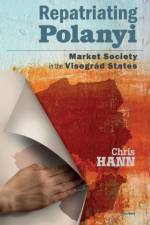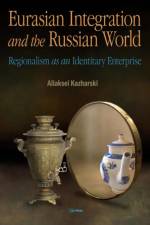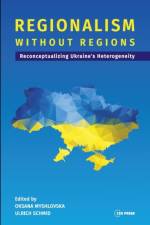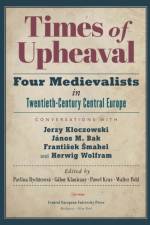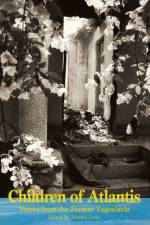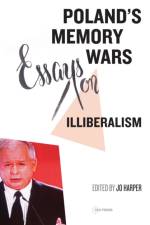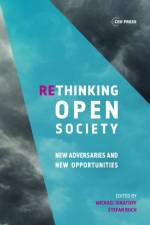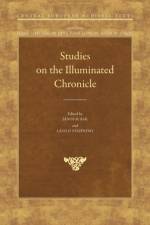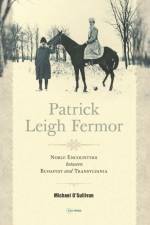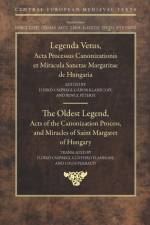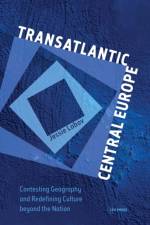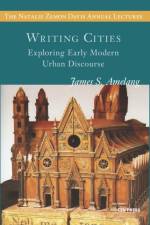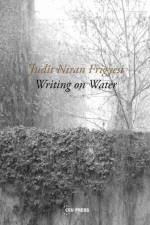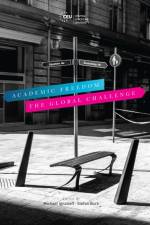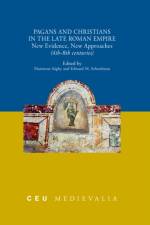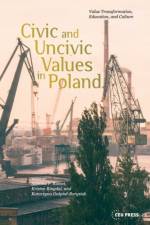av Judit Niran Frigyesi
381
Writing on Water is an attempt to grasp the phenomenon of sound in prayer, that is: a meaning in sounds and soundscapes, and a musical essence in the act of praying. The impetus for the book was the author's fieldwork among traditional Jews during the era of communism in Budapest and Prague. In that era the Jewish religion and Jewishness in general were supressed; the rituals were semi-secret and became inward-turning. The book is a witness to these communities and their rituals, but it goes beyond documentation. The uniqueness of the sounds of the rituals compelled the author to try to comprehend how melodies and soundscapes became the sustaining/protective environment, as well as the vehicle, for the expression of a world-orientation-in a situation where open discourse was inconceivable. The book is based on extensive interviews, musical recordings, photographs and scholarly analyses. It is unique in its choice of communities, its wealth of original documents, and in its novel interpretation of sound. Writing on Water is creative non-fiction. The presentation is evocative and poetic, but nevertheless, it transmits knowledge. Where this potential is understood, the book can aid research and serve in courses in philosophy, religion, music, ethnomusicology, anthropology, aesthetics, Jewish studies, folklore, oral history, and performance studies. At the same time it could be read as belles lettres.


